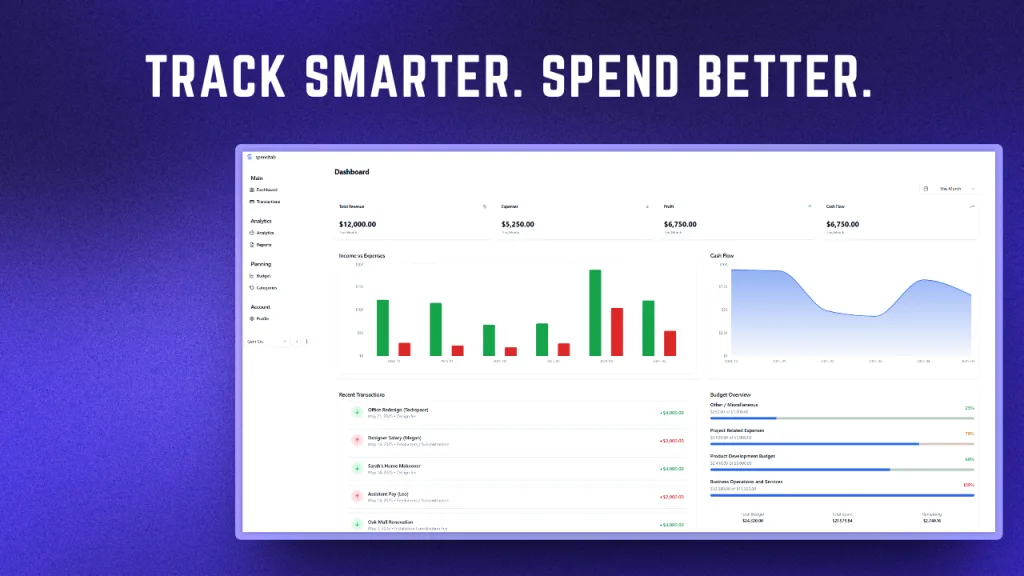The Money Myth That’s Keeping You Broke
Most people believe their financial problems stem from not earning enough money. They chase promotions, side hustles, and get-rich-quick schemes, convinced that a bigger paycheck will solve their money troubles. However, the harsh reality is that Financial-awareness, not income level, determines your path to wealth building and financial freedom.
Consider this startling fact: nearly 70% of lottery winners go bankrupt within a few years of their windfall. These individuals received millions overnight, yet their lack of financial awareness led them back to Financial Distress. This phenomenon proves that without proper money management skills and a healthy money mindset, even substantial wealth can disappear quickly.
Understanding Financial Awareness vs. Income
Financial awareness encompasses your understanding of money flow, spending patterns, investment opportunities, and long-term financial planning. It’s the difference between knowing where every dollar goes and wondering where your paycheck disappeared by month’s end.
Many high earners live paycheck to paycheck despite six-figure salaries because they lack fundamental budgeting skills. Meanwhile, individuals with modest incomes build substantial wealth through mindful spending and strategic financial planning. The key lies not in the amount you earn, but in your awareness of how money works in your life.
The Psychology Behind Money Management
Your relationship with money is deeply rooted in psychological patterns developed over years. Financial awareness begins with recognizing these patterns and understanding how emotions drive spending decisions. Impulse purchases, retail therapy, and lifestyle inflation often occur unconsciously, draining resources that could build long-term wealth.
Developing a healthy money mindset requires examining your beliefs about money, success, and security. Many people unconsciously sabotage their financial progress because they harbor limiting beliefs about their worthiness to accumulate wealth. True financial awareness involves recognizing these mental barriers and actively working to overcome them.
Practical Steps to Develop Financial Awareness
The journey toward enhanced financial awareness starts with tracking every expense for at least one month. This exercise reveals spending patterns that often surprise even the most financially conscious individuals. Modern financial tracking tools make this process significantly easier than traditional spreadsheet methods, with specialized solutions like Spendtab designed specifically for indie hackers and solopreneurs who need streamlined expense monitoring. You’ll discover hidden money drains and identify opportunities for optimization without sacrificing quality of life.

Creating a comprehensive budget forms the foundation of effective money management. However, budgeting skills extend beyond simple income-versus-expense calculations. A sophisticated budget anticipates irregular expenses, allocates funds for future goals, and includes emergency reserves for unexpected circumstances.
Mindful spending practices transform your relationship with consumption. Before making any purchase, ask yourself whether this expense aligns with your values and long-term objectives. This simple awareness technique prevents countless unnecessary expenditures that accumulate into significant savings over time.
Building Wealth Through Awareness, Not Income
Wealth building through financial awareness focuses on maximizing the efficiency of your existing income rather than constantly seeking more money. This approach involves optimizing three key areas: reducing unnecessary expenses, increasing the value of necessary purchases, and strategically allocating surplus funds.
Smart money management includes understanding the true cost of purchases beyond their sticker price. Consider maintenance costs, depreciation, opportunity costs, and the time required to earn the money for each purchase. This comprehensive awareness helps you make more informed financial decisions that support long-term wealth accumulation.
Investment awareness represents another crucial component of financial literacy. Rather than chasing complex investment strategies, focus on understanding basic principles of compound interest, diversification, and risk management. Many successful investors achieve excellent returns through simple, awareness-driven strategies rather than sophisticated financial instruments.
The Compound Effect of Small Changes
Financial awareness reveals how small, consistent changes create dramatic long-term results. Reducing daily coffee purchases by five dollars and investing that amount consistently can generate thousands of dollars over decades through compound growth. These seemingly insignificant adjustments demonstrate the power of awareness-driven financial decisions.
Emergency fund creation exemplifies how financial awareness prevents costly financial mistakes. Having three to six months of expenses saved prevents reliance on high-interest debt during unexpected circumstances. For entrepreneurs and freelancers with irregular income streams, maintaining detailed financial records becomes even more critical. Tools that cater specifically to this demographic, such as financial tracking software designed for solopreneurs, can provide the clarity needed to manage variable cash flows effectively. This preparedness, born from awareness of potential risks, saves thousands in interest payments and financial stress.
Transforming Your Financial Future Today
Developing financial awareness is an ongoing process that requires consistent attention and refinement. Start by implementing one awareness-building practice this week, whether it’s tracking expenses, reviewing subscriptions, or calculating the true cost of a recurring purchase.
Remember that financial freedom doesn’t require earning more money immediately. It requires developing the awareness to optimize your current resources effectively. As your financial awareness grows, you’ll naturally make better money decisions that compound into substantial wealth over time.
The path to financial security begins with recognizing that you already possess the most important tool for wealth building: the ability to become more aware of your financial habits and make conscious improvements. Your bank account will thank you for prioritizing awareness over income pursuits.